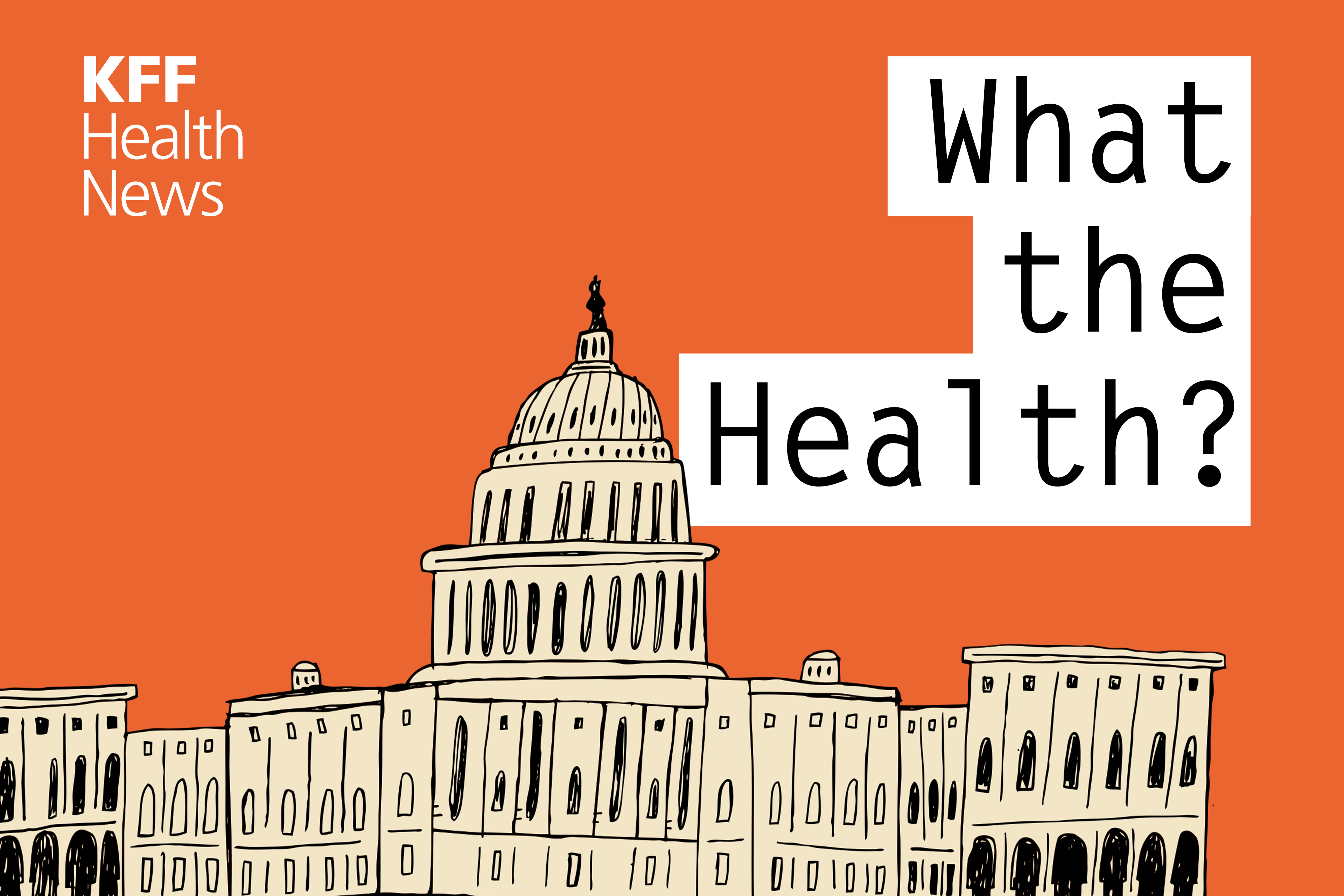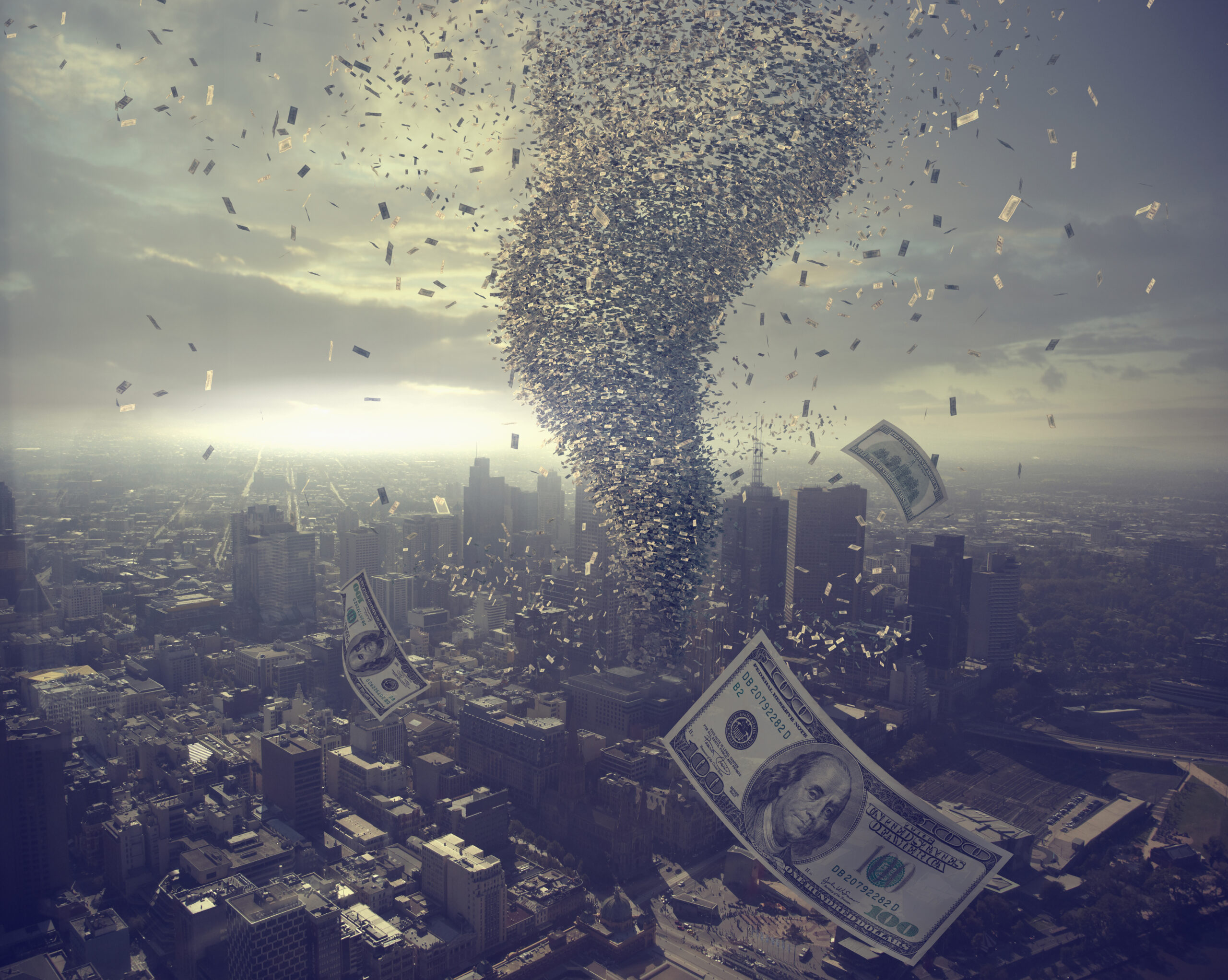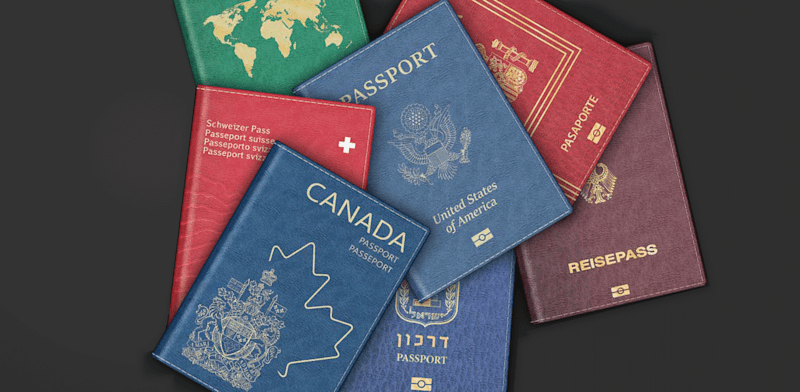When Trump and Putin met in Alaska, the event was portrayed as the encounter between two strong men capable of taking decisive action and changing the course of events. However, their meeting was not that of equals. One was a man shaped by circumstances; the other, a man who bent them. Or so it seems.
Trump represents the U.S. imperial state, with all the trappings of bureaucracy, interests, and compromises that characterize it. As was demonstrated during the Biden presidency, the president is the figurehead of a complex web, and the machine of the state can run without a capable executive figure at its helm.
In fact, this is something Putin has complained about, claiming it is the reason he does not trust U.S. presidents: they might commit to something, but then an army of bureaucrats and lobbyists come to tell them “how things are done.” This arrangement is typical of power structures in their later stages, where the state apparatus can override the will of its nominal head.
The Roman Republic, before Augustus, had intentionally developed a state structure to prevent a single ruler from taking over. The century of civil wars before Augustus was an attempt to change it, and the ensuing conflict brought many authoritarian leaders forward: Sulla, Pompey, Caesar, Mark Antony, and finally Augustus.
When Augustus established the de facto empire, in what historian Ronald Syme called the Roman Revolution, power was taken from the senate and concentrated on him, but the state was still necessary to run the empire. What Augustus did could be considered a logical development: he centralized the state structure under one authority. Soon after, with the assassination of Caligula, the Praetorian Guard made Claudius emperor, relegating the figure of the emperor to secondary importance.
As in the period before Augustan Rome, the U.S. is overstretched and rife with internal divisions. In these conditions, it’s common for sectors of society, including those close to the power nexus, to call for a strong man to “establish order.” That was the call in Rome, just as it was much later in early 20th-century Spain.
In 1902, Spanish writer and politician Joaquin Costa proposed the concept of an “iron surgeon,” a man capable of restoring order amidst the instability created by the “Restoration Regime,” the republicans, and the new socialist ideas taking hold in the country. General Primo de Rivera came to power in 1923 and referred to himself as such. He also established the “National Consultative Assembly,” a sort of corporate consultative body to stand in place of the parliament, which was meant to represent the administration, society, and the party. It was tasked with creating a “New Spain.”
Trump and his administration present him as a strong man capable of “making America great again.” Some liken Trump’s second coming to a type of coup against the establishment. The theory of the unitary executive power is being pushed to the limit to further that agenda, even presenting Trump—though as a joke—as king. However, Trump is more akin to Sulla than to Augustus, even though the comparison might be disrespectful to the Roman general.
The reason is that Sulla, much like Primo de Rivera, was a representative of the optimates and hence a conservative seeking to strengthen the rule of the oligarchy, not to change the system, as Augustus did. Therefore, though Sulla was a capable general, his decisions were conditioned by the power structure he represented and wished to continue.
Trump’s decisions are equally constrained, if not dictated, by the interests he represents. These are not a homogeneous group, as shown by the fracture within the MAGA movement and his erratic behavior depending on who is influencing him. As an example, one of the reasons behind the meeting in Alaska, which some present as a bold move, was probably the trap he had set upon himself by giving Russia an ultimatum and threatening secondary sanctions—a threat that, if carried out, would have backfired.
Putin, on the other hand, is at the head of a state structure that he has rebuilt and in which he has concentrated executive and corporate power, putting much of Russia’s vast natural resources under its command. In this, and much more, he actually resembles the Roman emperor Diocletian. If we posit that there is a certain continuation of state tradition beyond the ideological rhetoric, from the Russian Empire to the USSR to today’s Russia, then the comparison to Diocletian becomes quite staggering.
When Putin came to power, the Russian state had been plundered after the dissolution of the USSR by national and foreign agents and opened to Western neocolonialism. Putin took control and rebuilt the state structure, centralized power, and put natural resources under it, in the process eliminating opposition and dissension. Similarly, during his reign, Diocletian stabilized the empire and put an end to the Third-Century Crisis. His reorganization of the fiscal, administrative, and military machinery laid the foundations of the Byzantine Empire in the East.
Both men came from humble backgrounds, rose through the ranks of the state, and were profoundly statist. They also similarly framed their ascent to power in a discourse of social and historical inevitability and a return to the true ideals of the empire.
When Trump and Putin met in Alaska, Trump had to put on a show to pretend that he commands the same personal auctoritas as Putin does, that it was a meeting between two equals. On paper, they are. One could even argue that, on paper, Trump still commands the largest economy and strongest army in the world. But they stand as heads of two states at very different stages: one aging and one renewed after the collapse of the USSR.
Putin stands at the head of a rejuvenated state and wields the power that it confers. One could argue that he has bent his personal circumstances as well as those of Russia as he found it. Proof of this is how he rose through the ranks and how he has made Russia capable of standing up to NATO and winning.
Trump, on the other hand, could be said to have been made by his circumstances, riding the wave of his social position and wealth. He has risen to power on the back of a populist discourse, which usually gains traction under social and economic conditions of later-stage power structures, and is supported by a new wealthy class allied with a nationalist industrial aristocracy, to which he belongs. In this case, it could be argued that he is the result of a set of circumstances, not its maker.
However, I’m well aware that someone could make the exact opposite argument: that Putin is the result of the Russian circumstances after the end of the Soviet Union, and that Trump has fought against the political establishment to rise above his circumstances. Though I’m less inclined to support this view, if well argued, it could be valid. This seeming contradiction exists because when dealing with the debate of man versus circumstances, it’s a matter of perspectives.
There are certain views which will undoubtedly maintain that history makes men, and they are not exclusively religious. For example, a Marxist materialist reading of history will come to that conclusion; this is then difficult to marry with the awe shown by Marxists toward certain leaders. Another example is that of neuroscientist and primatologist Robert Sapolsky, whose book, ‘Determined: A Science of Life Without Free Will,‘ makes the claim—from a purely evolutionary argument—that humans are absolutely determined by their biological makeup.
Religious people have been grappling with this question since time immemorial, which, articulated differently, is the same debate as free will versus predestination. The responses vary from absolute predetermination to a compromise between that and free will, to propose that, despite God and decree, humans have free will. Later, humanism developed a faith in rational, human-centric free will, which evolutionary science then reframed as a survival tool that is simultaneously constrained by uncontrollable external circumstances.
We will not settle that debate here, but the point I’m trying to make is precisely that there is no definitive answer to the question because it will depend on the angle from which one looks at it. In support of this, I will just mention two writers—to be fair on the comparison—who hold opposite views, but there are many others.
Thomas Carlyle argued in his book, ‘On Heroes, Hero-Worship, and the Heroic in History,‘ that ‘universal History, the history of what man has accomplished in this world, is at bottom the History of the Great Men who have worked here.’ Carlyle is credited with being the first proponent of the ‘great men theory,’ though I would argue against this statement. Plutarch’s ‘Parallel Lives,‘ which compares the lives of ‘great men’ of antiquity, could be said to have articulated a similar intention first.
On the other hand, Tolstoy’s second epilogue to ‘War and Peace’ completely rejects this view. Quoting the Times Literary Supplement (only because the subheading serves the argument), it reads: ‘Leo Tolstoy’s War and Peace rejected the “great man” theory of history, made fashionable by Thomas Carlyle. Napoleon, Cromwell, and Caesar were “history’s slaves,” fulfilling the will of Providence, argued Tolstoy, not its masters.’
Tolstoy argues that there are only two ways to account for the historical: ‘nations guided by individual men’ or ‘the existence of a known aim to which these nations and humanity at large are tending.’ He dismisses the first and tries to argue for the second. Following the second view, TLS adds to the previous title: ‘So how to judge the three ‘great men’ who have presided over China’s return to the pinnacle of world power—the Communist Party leaders Mao Zedong, Deng Xiaoping, and Xi Jinping?’ That is no different from asking to account for Putin or Trump’s ascension to power.
Or, to bring it back to the departure point of this article, was the Alaska Summit a meeting between two “great men” or one brought about by circumstances? If we are to follow much of the press coverage, we would have to assume the first. Many accounts of the summit have regarded it in personal terms: “Trump lost” and “Putin won,” which also shows how much of the press is conditioned by a language favored by the power structure.
This personalized narrative is what the Trump administration prefers. They want to present Trump as a “strong man” capable of opposing the bureaucracy of the “deep state” and able to force others to his terms and achieve “deals.” According to this narrative, he is the strong leader that will “make America great again.” But the over-focus on his persona hides the enormous apparatus of the state and its private interests.
On the other hand, Putin favors a depersonalized narrative. It’s not about him, it’s about Russia, Mother Russia. There was a time when he also presented himself as a “strong man,” riding horses shirtless. That was the time when he had to establish his power over other oligarchs. Now that he holds power, he is clever enough to push for a different narrative.
For Putin, the Alaska summit was about explaining root causes, realities on the ground, and constitutional and political processes, though he knew who he was dealing with. For Trump, it was about him solving a situation and making a deal. But who was in control of circumstances and who was under them?
Man versus circumstances seems to be a matter of perspective. But which perspective is chosen seems to reveal much about both circumstances and men.


























